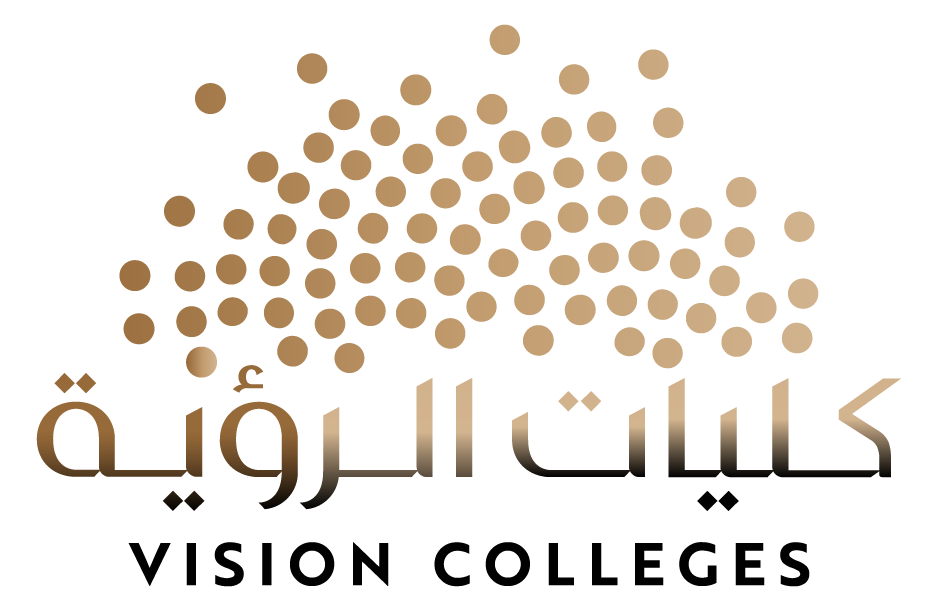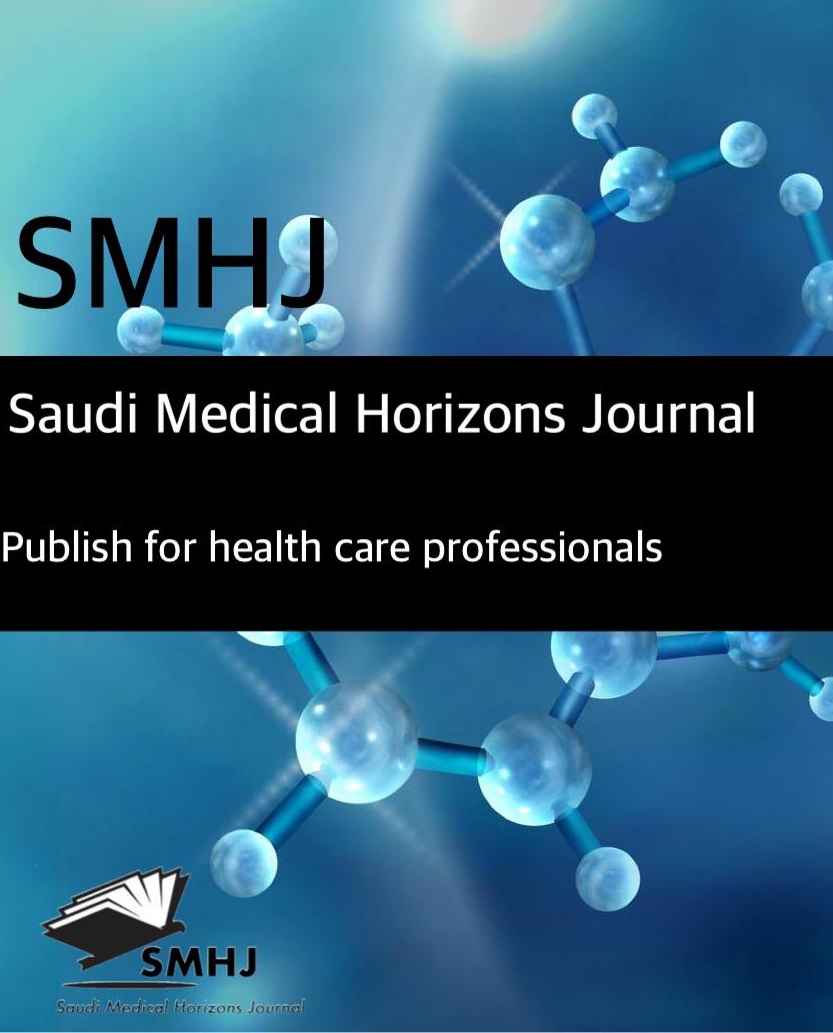Evaluation of knowledge, attitude and risk factor of Stroke in Tabuk Region, Saudi Arabia
DOI:
https://doi.org/10.54293/smhj.v4i1.93Keywords:
stroke knowledge, stroke attitudes, risk factors, Tabuk populationAbstract
Background: This research seeks to assess stroke-related knowledge, attitudes, and risk factors within Tabuk's population. Stroke's significant impact necessitates understanding local perceptions. This cross-sectional study consisting of 404 participants examines awareness of stroke and its risk factors, attitudes toward prevention and treatment, considering demographic variables. By pinpointing gaps, the research informs targeted educational efforts and interventions. The aim is to enhance stroke awareness, encourage healthier lifestyles, and reduce the local stroke burden. Through this investigation, the community can gain accurate knowledge, cultivate positive attitudes, and adopt informed practices, potentially improving overall well-being in Tabuk
Methodology: The study was conducted in Tabuk, located in northwest Saudi Arabia. Data was collected through predesigned questionnaire. recruitment period for participants will be from the 1st of June 2023 to the 30th of July 2023.
Results: This study discovered that 84.4% of participants were familiar with "stroke," while 95.3% correctly identified its brain location. About 80.9% accurately recognized blood vessel blockage or burst as the cause. Awareness varied for risk factors: diabetes (42.6%), high blood pressure (79.2%), high cholesterol (60.6%), and smoking (72.0%). Symptoms recognition ranged from 22.5% (high temperature) to 59.4% (trouble walking). Positive attitudes towards blood clot emergencies (85.4%) contrasted uncertainty about treatment (51.0%). Notably, 42.3% believed in full recovery and 45.3% knew to call an ambulance. 62.4% believed stroke prevention is possible. Distribution analysis revealed 39.4% with adequate knowledge, 30.2% with satisfactory awareness, and 54.6% with positive attitudes. Demographic factors showed no significant associations (p > .005), suggesting the need for targeted educational campaigns in Tabuk for improved stroke awareness and prevention.
Conclusion: In conclusion, this study provides a comprehensive overview of stroke knowledge, attitudes, and risk factors among the population of Tabuk. The findings emphasize the importance of addressing knowledge gaps, correcting misconceptions, and promoting positive attitudes towards stroke prevention and treatment. By tailoring educational initiatives to the needs of the community, public health organizations can play a vital role in reducing the burden of stroke and improving overall health outcomes.
Downloads
Published
How to Cite
Issue
Section
License
Copyright (c) 2023 Saudi Medical Horizons Journal

This work is licensed under a Creative Commons Attribution 4.0 International License.



